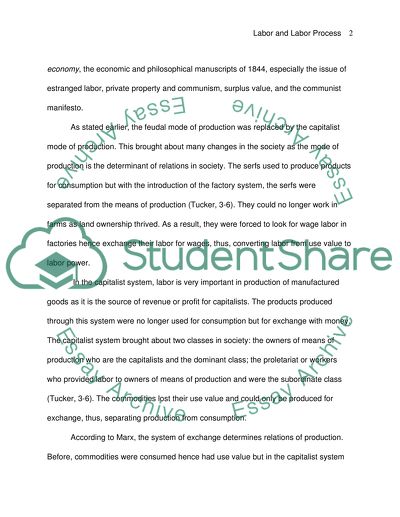Cite this document
(“Marx Essay Example | Topics and Well Written Essays - 1750 words”, n.d.)
Retrieved from https://studentshare.org/sociology/1461176-marx
Retrieved from https://studentshare.org/sociology/1461176-marx
(Marx Essay Example | Topics and Well Written Essays - 1750 Words)
https://studentshare.org/sociology/1461176-marx.
https://studentshare.org/sociology/1461176-marx.
“Marx Essay Example | Topics and Well Written Essays - 1750 Words”, n.d. https://studentshare.org/sociology/1461176-marx.


